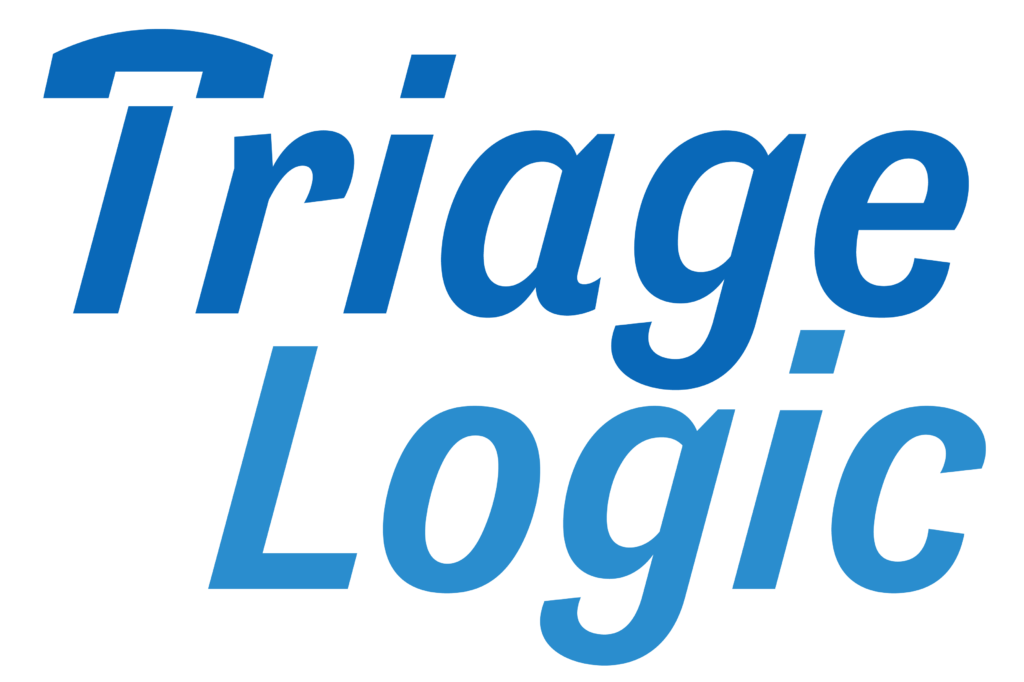Effective listening skills are a fundamental characteristic of telephone triage nurses. In a traditional setting, nurses are able to utilize all senses, while triaging a patient. However, the biggest challenge in telephone triage and telemedicine is the lack of face-to-face communication. Telephone nurses have to fine-tune their listening skills, in order to effectively triage a patient.
There are three different components in effective listening: active, reflective, and empathic. Using short responses such as “I see,” is an example of active listening. By responding to the patient, the telephone nurse provides reassurance that he/she is interested in what the caller has to say. Reflective listening includes paraphrasing and asking open-ended questions, like “Can you explain what happened?” This allows the telephone triage nurse to clarify information and determine proper protocol. By practicing empathic listening, the telephone nurse lets the caller know that their feelings and concerns are acknowledged. “What I’m hearing is you’re concerned about the duration of your headache,” is an example of a phrase used in empathic listening.
While it is important to express compassion, telephone triage nurses must refrain from offering their opinions. It is pertinent to rely on the facts and maintain professionalism.
Effective listening skills enhance communication between the telephone triage nurse and the caller. Good communication allows the nurse to assess the situation and apply the proper protocol effectively and in a timely manner.





